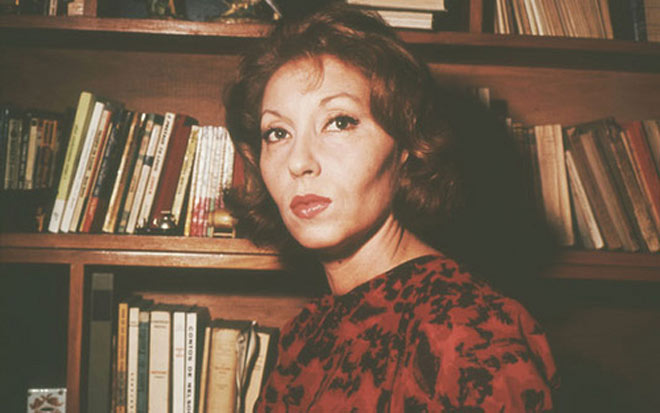AGNI, 2025
Agua Viva by Clarice Lispector (translated by Tobias Ryan), AGNI Fall 2024.
« Agua-viva » means a jellyfish in Portuguese. More often than not, we don’t see jellyfish, we feel them: they sting our legs or arms, they burn our backs and stomachs, their acid licks at wounds that we never knew we had. Going swimming as I child, the water would suddenly stir up: it was a jellyfish. To see it, you had to dive right into the risk, and peer into the thickness of transparency. With a simple stroke a world opened up that you would never have had an inkling of while boating.
Getting out of the ocean another menace lingered. “Vive” (weevers) are fish who bury themselves in the sand along the shoreline. If you step on one, the spines along their dorsal fin will prick the sole of your foot, and the pain will rise from the root of the leg to the very core of who you are. For me that fish was just another reason to worry about entering the water. The desire to see and feel below the surface, however, was much stronger. Nothing could sap my will for long nor make me turn away completely. And those were lessons I instinctively transposed onto literature: diving in to seek out the filamentary origins of wounds of which we are unconscious; writing with the awareness that you may be pricked by a buried reality.
Agua Viva is also one of Clarice Lispector’s greatest books. Of the woman, it has been said that she was a wanderer, transient, an exile; that her face was hard and sculpted, as though from stone. Of the author, that she was the Kafka of Brazil, that she was a mix of Elsa Morante, Katherine Mansfield, who she admired, Woolf, to whom she was compared, Blixen and Duras the Seer.
Regarding the book, you will hear it said that it is a meditation or incantation; a road which follows a seemingly hazardous logic: I follow the tortuous path of roots bursting the earth. Lispector is not content with unconscious associations, she decides what is created when mastery is let go, allowing that which has taken the words’ bait to emerge. The book is one which writes writing itself, she said; which massages the place of transition where language makes what it is a stranger to appear; which recognises the intimate familiarity of a thought that comes from the body, and, at the same time, betrays an intuition that we are perpetually alienated from what to us is so familiar.
Once again we must contravene our own fear. That is living. That is writing. She once said to a journalist who came to interview her: You are too fearful to be a writer. Fearful are those who cannot become the oyster and the lemon again, nor march barefoot on shifting sands. Fearful are those who compulsively ask why we write, while we write as we drink water: to stay alive, she said, because I am desperate, because I am tired, because I can no longer bare the routine I follow for myself.
The first time I read Agua Viva it seemed to me the sum of an ungraspable wisdom. I immediately felt like wrapping myself up in it, listening again and again to that voice and the mystery it probed. Writing about such a text or its author seemed like snatching at the impossible. I had to be encouraged to do so indirectly. Only one question left me speechless at first, but speechless with abundant words: And the female body? Confronting the impossibility of thinking about such a subject had given rise to what my sudden grandiloquence would have qualified as a vast world. The world? More like the impersonal which Lispector justly discerns in Agua Viva. I want to grab hold of the is of the thing. Because this book is one of those rare books which does not manifest a feminine body but an inner body – female perhaps, in the sense that it seeks to be entirely itself and also to escape its sex. And that frightened me even more. It must sometimes be left to a chance question to make spark a desire which can never be extinguished… »
